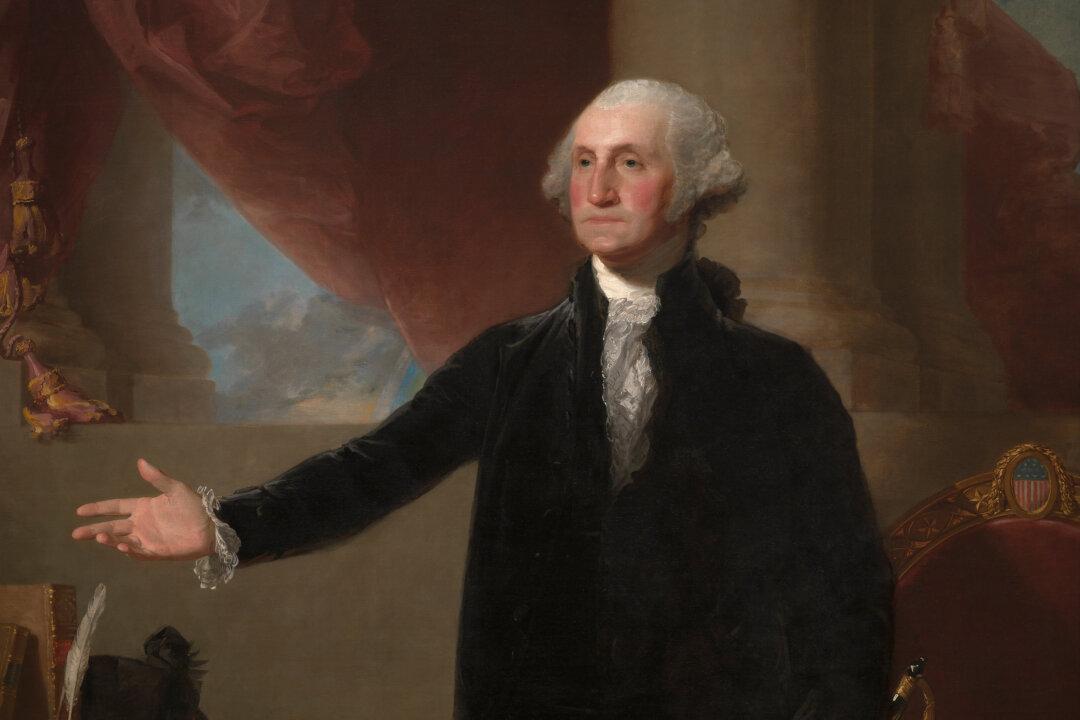In his article “Presidential Farewell Addresses,” Gleaves Whitney notes that before Harry Truman only three presidents had composed formal farewell addresses to the nation.
As Whitney tells us, three factors likely account for this circumstance. First, some of the early chief executives held George Washington and his farewell address in such esteem that they deemed it improper to deliver one of their own. Then, too, eight of our 45 presidents have died in office. Finally, a president’s last Annual Message to Congress, today called the State of the Union Address, falls near his final days in office, causing some chief executives to combine a farewell with that report.






